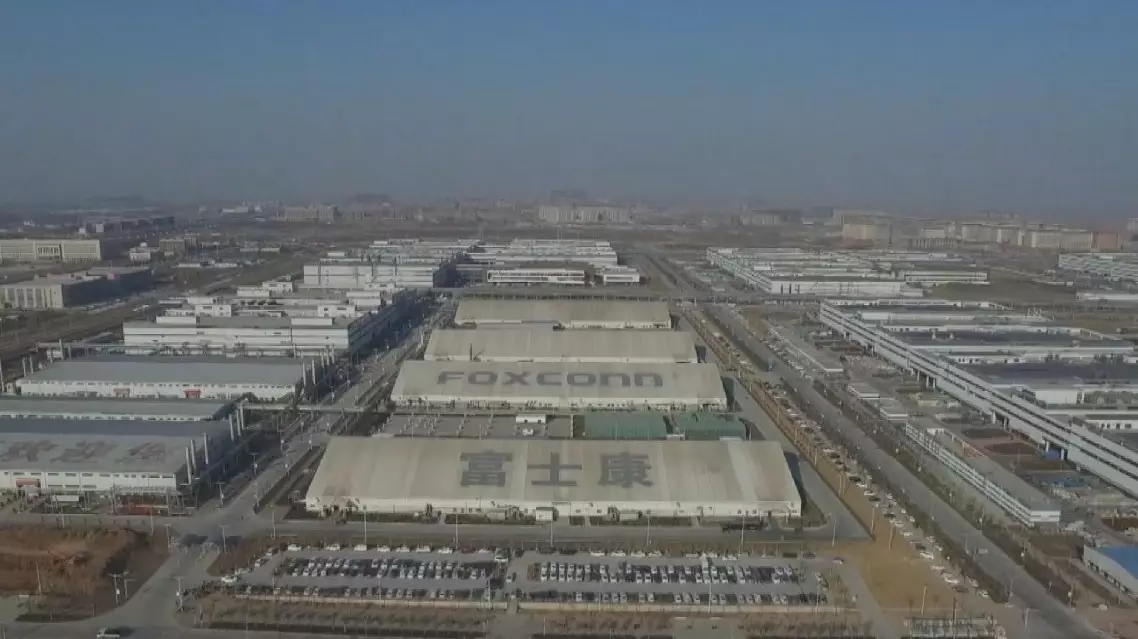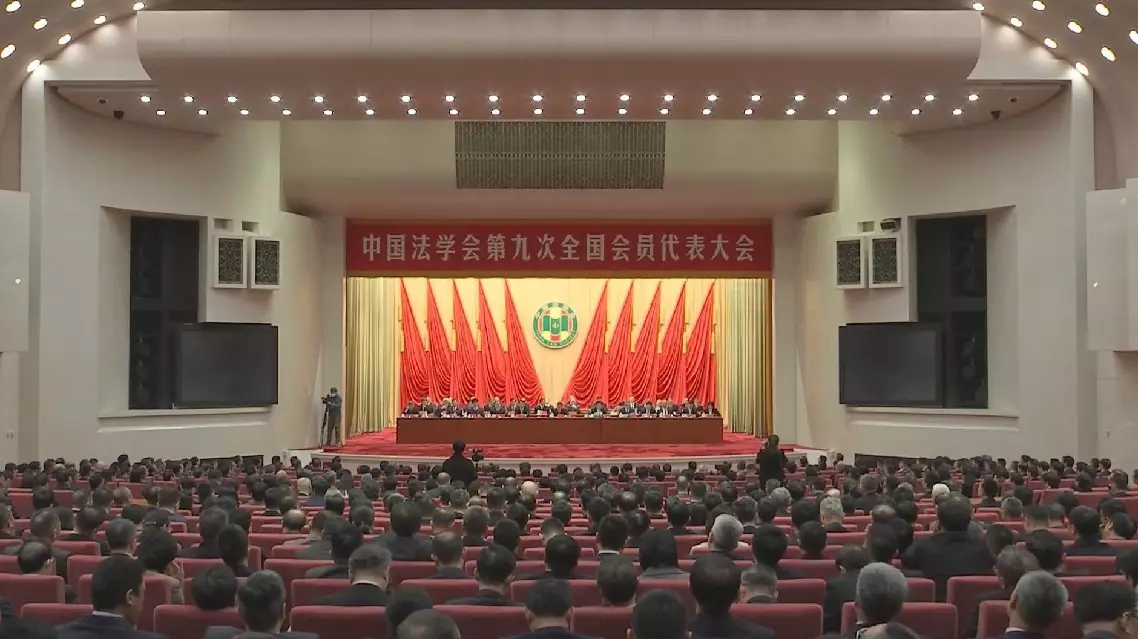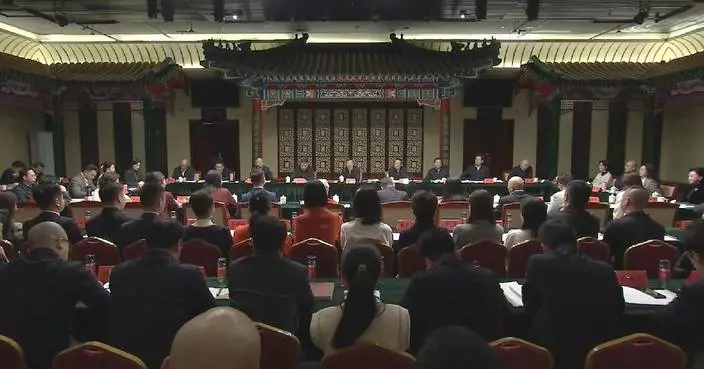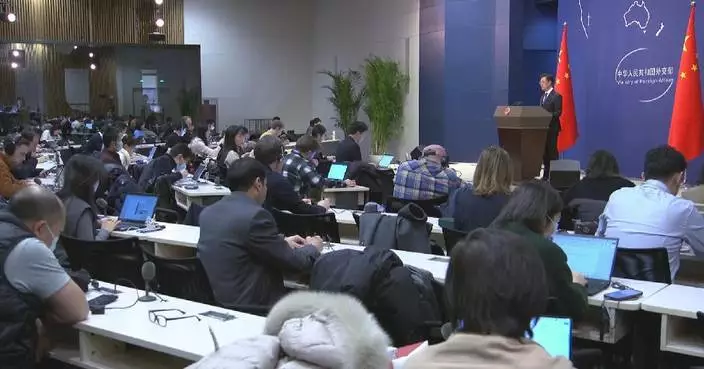The Foxconn Technology Group's decision to establish a new business headquarters in China reflects a positive assessment of the country's market advantages, which may signal a broader trend of foreign companies recognizing China's appeal as a prime manufacturing and investment destination, according to a researcher.
Foxconn, the world's largest electronics manufacturing contractor, last month announced plans to build a new seven-hectare headquarters in Zhengzhou, the capital of central China's Henan Province, to focus on the trial manufacturing of electric vehicles and solid-state batteries, aiming to build a global high-end manufacturing industrial chain and an ecosystem for strategic emerging industries.
Qu Qiang, a research fellow at the Belt and Road Research Center under the Beijing-based Minzu University of China, said the move shows that foreign companies recognize China's considerable potential on several fronts.
"I think this is actually a very important signal about the foreign investment, the international investment that's coming into or coming back to China. I think Foxconn made this decision based on several considerations. I think number one is about the consideration on the efficiency and the comprehensive costs. I heard that they moved out of China because they've been thinking that the wage and salaries in China's labor force have been rising up rather quickly in the past five years. Yes indeed, with the income level and economic growth of China, that can happen. But also you have to understand manufacturing is a long-term investment. You have to consider more factors, more than just the wages and salaries," he said.
Qu explained that factors such as the supply chain, infrastructure, rule of law, government stability, and the availability of a skilled technical workforce are critical in determining the overall cost-competitiveness and viability of a firm's manufacturing operations, which he said is why even very low-wage locations like India or countries in Africa may not offer the best manufacturing hubs.
Secondly, Qu noted that proximity to the large and growing Chinese consumer market appears to be a significant strategic priority for major manufacturers who are looking to tap into the considerable market potential afforded by China's expanding middle-class population of over 400 million people. Being located closer to this sizable domestic demand base is likely another key driver influencing Foxconn's decision, he said.
Qu also pointed out that the need for a diversified and geographically balanced manufacturing footprint is another important factor, as large corporations like Apple and Nvidia often seek to mitigate risks by maintaining multiple production sites across different regions, and he said China's reputation as a stable economic and political environment seems to offer an advantage in this regard.
Lastly, Qu said China's commitment to opening-up and its welcoming attitude towards foreign investment, with clear regulatory frameworks and legal systems, appears to be an attractive proposition for global manufacturers like Foxconn.
"I think China has a very good attitude of opening up. While some other emerging markets are trying to add more obstacles and thresholds to control foreign investment, China has a very open attitude, a very clear Negative [List] and black and white list, and a very clean rule of law. And all those attitudes are welcoming more foreign investors to come back into China. So I think Foxconn has made this decision, and I think more of the foreign investors and their counterparts will come after that and realize that it takes a long time to form a good manufacturing center, and it takes many factors into consideration to make sure that your manufacturing investment can benefit in the long term," he said.
Foxconn, formally known as the Hon Hai Precision Industry company, is a key contract manufacturer for Apple products and has major production bases in south China's Shenzhen as well as Zhengzhou.
Foxconn has had a long history of cooperation with Zhengzhou, first establishing a major production base there in 2010 which turned the city into a key hub for global iPhone production. The partnership has created hundreds of thousands of jobs and boosted the local economy, with Foxconn accounting for around 60 percent of Henan's total export value in some peak seasons.

Foxconn's return to China signals broader positive foreign investment trend: expert









